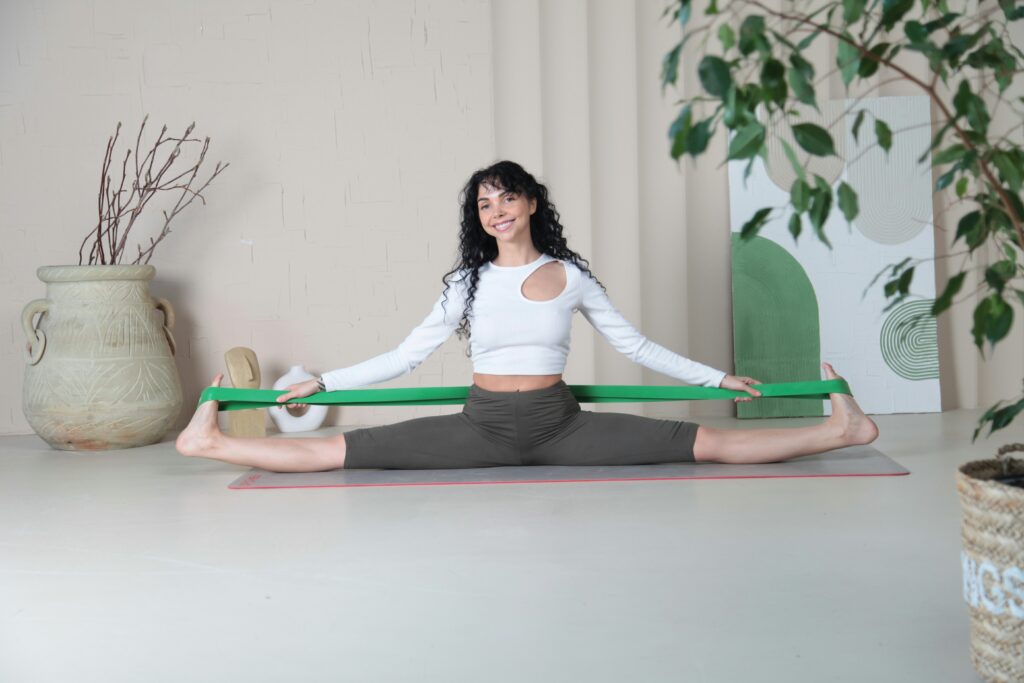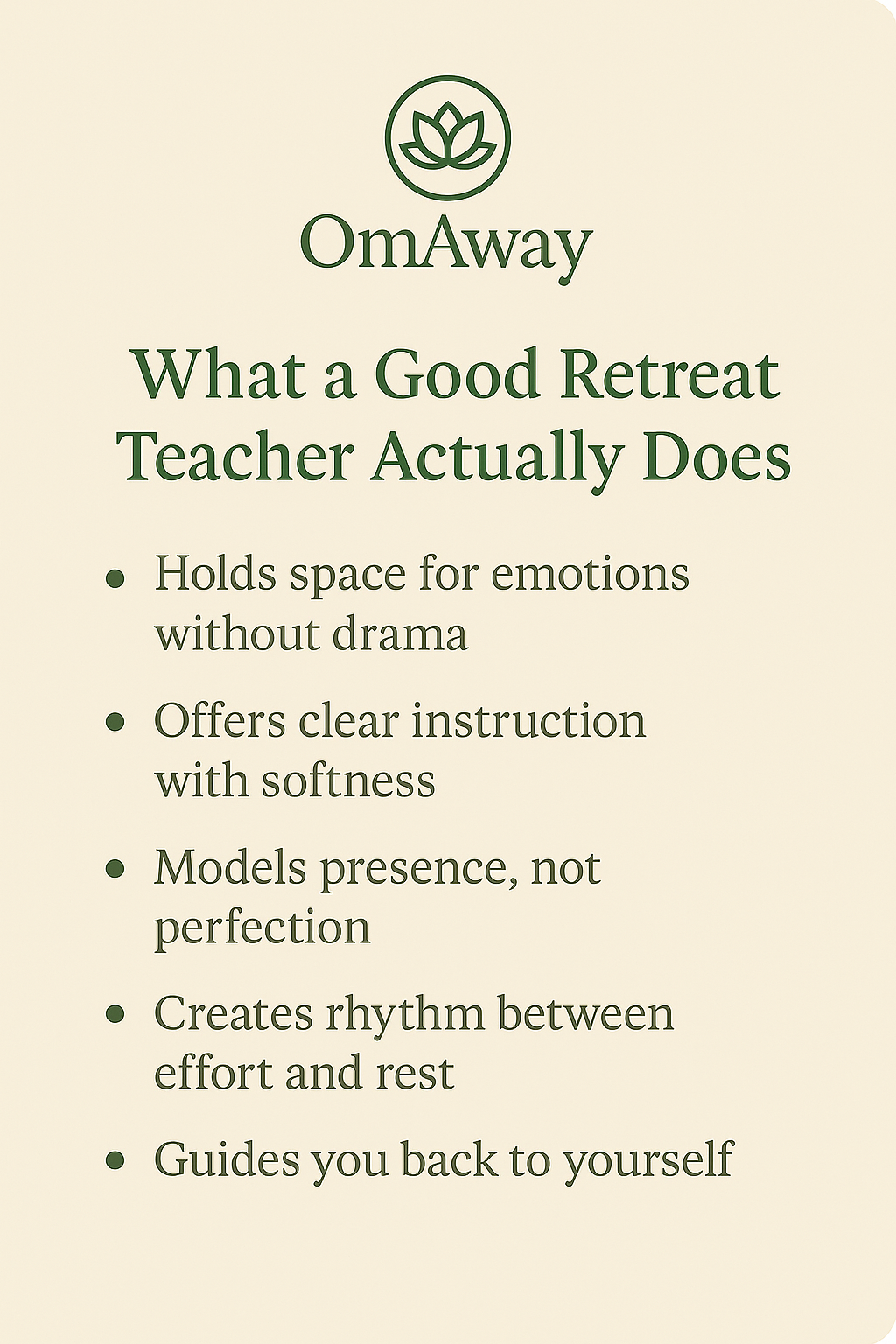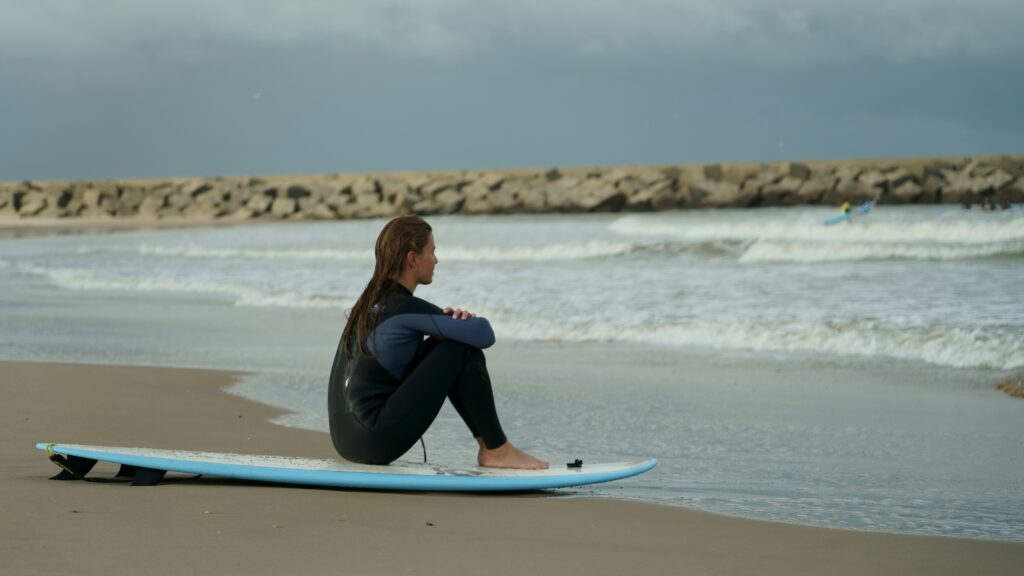In a world where yoga retreats multiply faster than we can scroll, one truth remains: a retreat is only as safe as the person guiding it.
The teacher is not decoration — they’re the container. They hold space, translate silence, and turn a program into a lived experience.
Choosing the right guide can mean the difference between a week of alignment and a week of emotional disarray.
Here’s how to sense the difference — before you buy the flight.

Why the teacher matters more than the villa
Retreats are emotional laboratories.
Participants arrive tired, open, curious — often carrying more than they realise.
A teacher who knows how to read the room can anchor the group; one who doesn’t can destabilise it.
The right guide does less, not more: they listen, observe, and step back when needed.
Because true leadership in yoga isn’t control — it’s containment.
What defines a trustworthy retreat teacher
1. They have depth of practice, not just certification
A paper can’t teach presence.
Look for teachers with consistent practice, lineage, or mentorship — those who keep learning rather than self-branding.
A good teacher communicates alignment through attention, not authority.
You feel safe, not impressed.
2. They understand the nervous system
Modern retreats surface old emotions.
Teachers trained in trauma awareness, breath regulation, or somatic intelligence can support those processes without forcing catharsis.
Ask: “Do you integrate rest into the schedule?”
If the answer is no, the retreat might confuse stimulation for healing.
3. They have boundaries and clarity
You can trust people who respect limits — time, touch, privacy.
Beware of hosts who overshare or blur lines in the name of “openness.”
The safest retreats are the most professional ones.

Signs of a Safe Retreat Leader:
1️⃣ Transparent about schedule and expectations
2️⃣ Explains adjustments before physical contact
3️⃣ Encourages questions, not dependency
4️⃣ Welcomes mixed levels without judgement
5️⃣ Maintains group focus, not personal following
The role of the host
Not all hosts are teachers, and not all teachers are hosts.
The best retreats separate the two — one manages logistics, the other guides transformation.
When both roles are balanced, the environment feels effortless.
A good host ensures arrival, meals, and logistics unfold seamlessly so the teacher can do the subtle work: holding attention and energy.
If you feel like you’re part of a machine, it’s bad hosting.
If you forget there’s any “machine” at all, it’s excellent hosting.
How to research before booking
🌐 Check transparency
A real teacher will list their training background, previous retreat locations, and teaching philosophy — not just aesthetic photos.
📹 Watch them teach
Short videos or recorded classes reveal energy, tone, and presence.
Ask yourself: do I feel invited or instructed?
🧘♀️ Read testimonials for tone, not adjectives
Ignore “amazing!” reviews. Focus on how participants describe their emotional safety, group atmosphere, and post-retreat feeling.
💬 Ask directly
Send one message before booking. Their reply will tell you more than the website ever could.
Do they rush to sell or pause to understand? That’s your answer.
Red flags to notice early
- “Life-changing” claims with no structure behind them.
- Vague schedules or hidden fees.
- One teacher managing everything (teaching, food, logistics).
- Spiritual superiority — anyone who “knows better than you.”
- No clear cancellation or refund policy.
Professionalism is spiritual maturity in action.
The emotional contract
When you join a retreat, you enter an unspoken agreement:
You bring honesty; the teacher brings integrity.
It’s a mutual holding — not a hierarchy.
The right teacher won’t promise to fix you; they’ll help you remember that you were never broken.
The right host won’t oversell; they’ll make sure you feel welcome even before you arrive.






